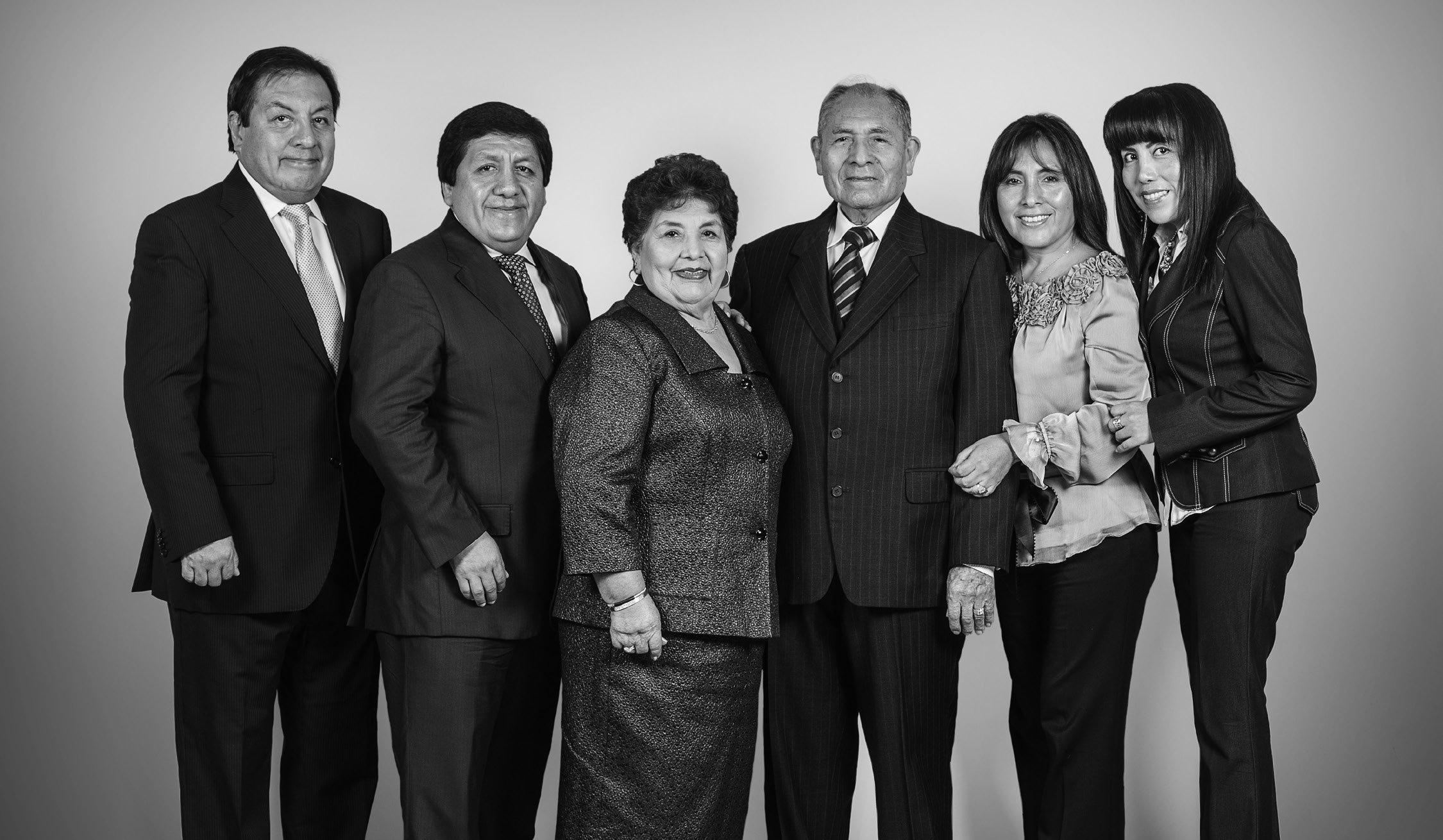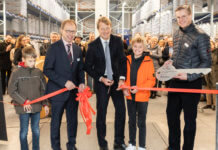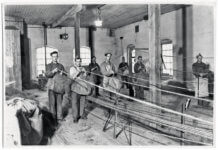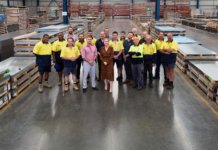For over half a century, Lima has had sustained electrical coverage despite corruption, economic turmoil and military interference, thanks in part to a family business: Promelsa. Their dependability, determination and positioning as a model for Peruvian innovation have garnered the longstanding support of their community, whose access to electricity is contingent on Promelsa’s sustainability.
Following a humble start importing copper wire, Promelsa, founded by Jose Mallqui Peña in 1961, has grown into one of the world’s leading suppliers for all things related to power, including transformers, industrial controls as well as low and medium voltage switchgear. Their products form the electrical infrastructure of cities across Peru and around the world.
Promelsa, now in the hands of the second generation, is looking towards the future by investing in the development of automation. They know that sustainability in the digital age means integrating change and proactively embracing innovation.
Tharawat Magazine sat down with Maximo Ali Mallqui Naupay, President, and Ljubitza Darinka Frkovich Mallqui, his niece and Promelsa board member, to discuss the company’s history, protocols to ease next-gens into the family business and strategies to excel in the face of rapid technological transformation.
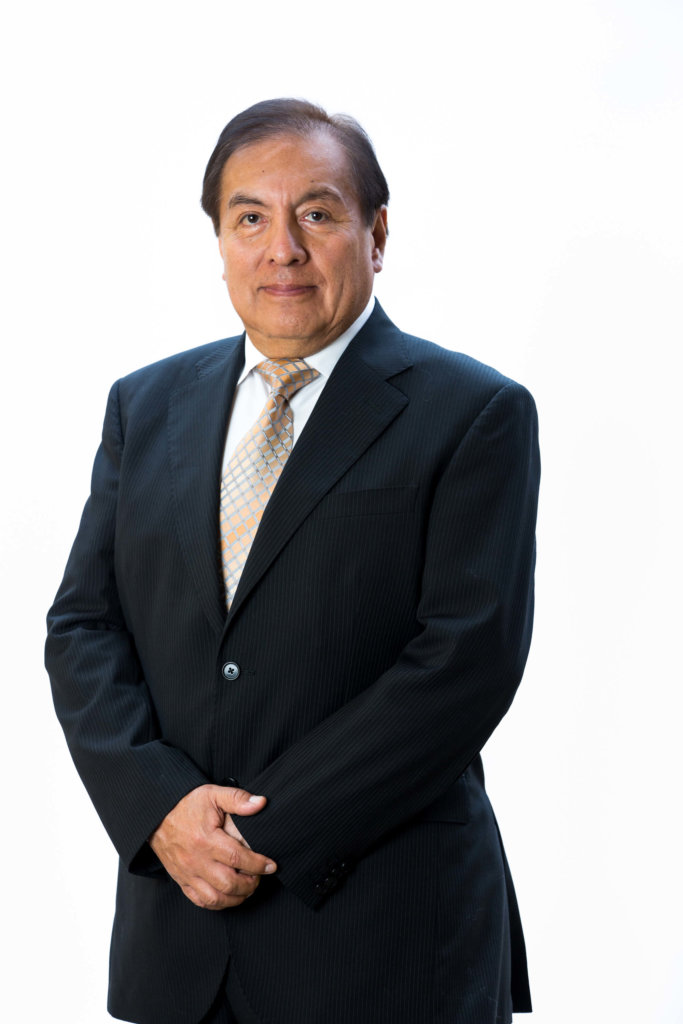
How did your family business grow to become Peru’s foremost supplier of electrical parts and controllers?
Maximo Ali: My father wasn’t a technician. Rather, he began as a labourer working on delivery. In this role, he saw the high demand for copper wire and noted its versatility as a product. So, he started a small business in 1961 importing copper wire, our first product. At that time, it was used primarily in the repair of vehicular engines, the alternator specifically. The modern approach is to simply replace the whole motor, but back then, it was more economical to focus on repair.
We worked with international suppliers based in Japan, Germany and elsewhere. My father expanded the business by adding insulation, and soon, we entered into lighting, which remains a substantial part of our market share to this day.
He involved us in the business from an early age; my siblings and I were each assigned tasks whenever school wasn’t in season. I started in the warehouse and then moved to delivery, working summers there with my brother. My sister worked in reception and accounting.
We felt the occasional sting of envy when we saw classmates having fun around town – we were working every day. Over time, however, we each learned to appreciate the importance of the roles we were given.
Our father’s generosity and work ethic made a deep impression on us. As a result, we’ve each followed career paths that have kept us engaged in the family business. I went into engineering, while my brother pursued sales and marketing, a passion he inherited from our father. Of my sisters, Betty is our finance director, and Gloria oversees our human resources department.
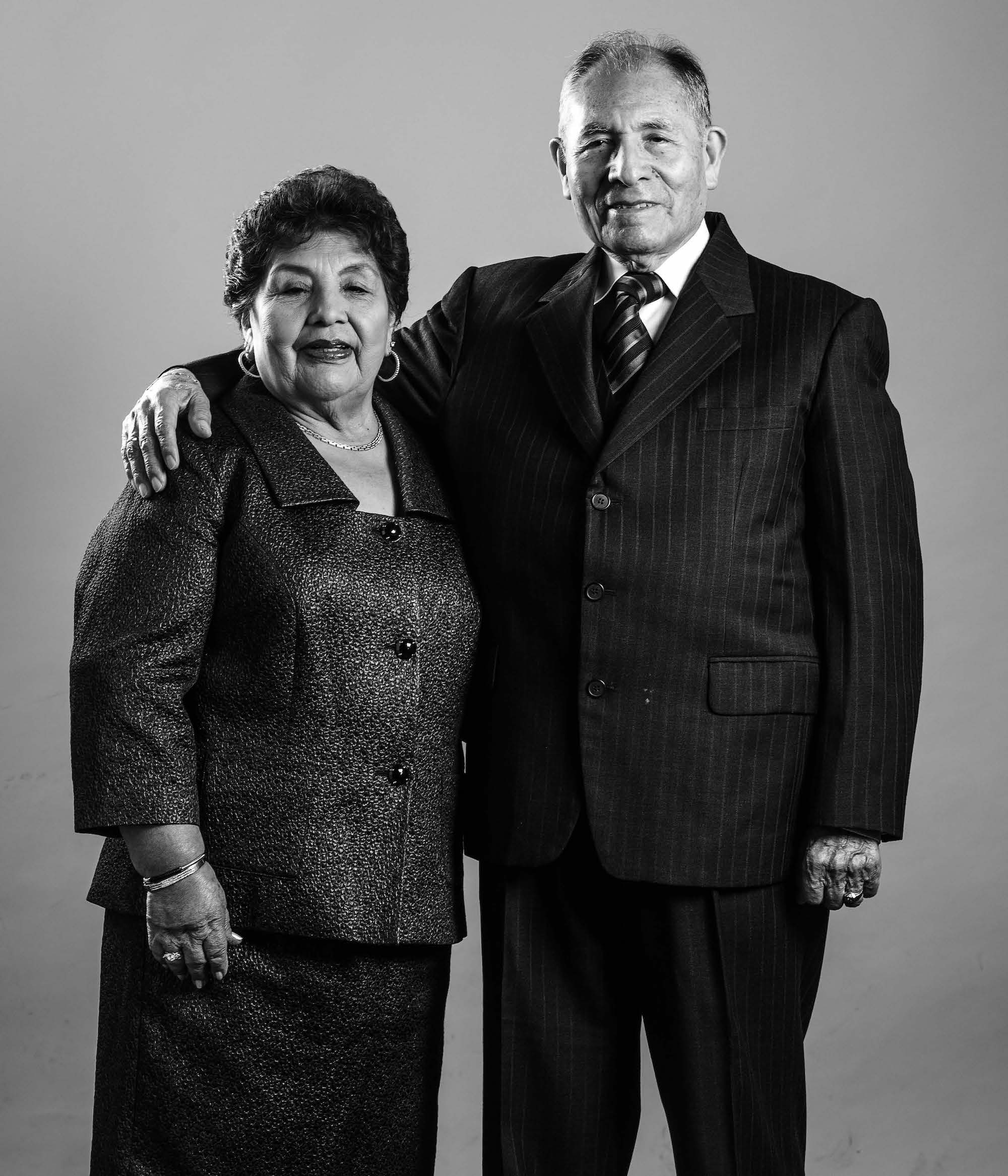
Peru has recently emerged from a period of political and economic volatility. How did Promelsa navigate these difficult times?
Maximo Ali: Promelsa pioneered two separate entities: one commercial and one industrial. During the 1990s, however, the Peruvian industry had to overcome immense obstacles to stay viable. We were not immune and suffered complications because of the way our business was stacked. To combat this adversity, we revised our system. In 1999, we consolidated and merged into one to save costs. Our flexibility was a factor here.
Through the struggle, my father’s endurance for travel and his ability to communicate with our clients kept us going. He was consistently reviewing their needs and taking the time to make personalised visits around the country to talk to them directly. We travelled to trade fairs across Europe and the United States, prioritising the needs of our clients wherever we went. If someone needed something specific, our father made it his goal to find that material and make it available to them. He was dedicated to the growth of his clients as much as he was to the growth of his own company.
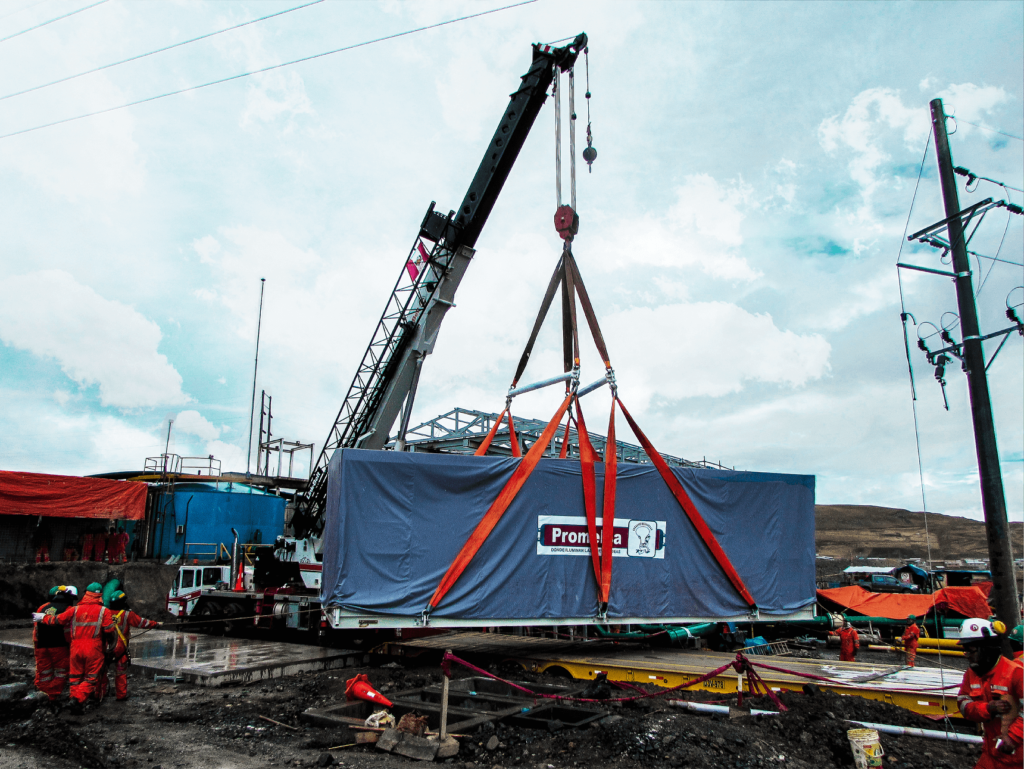
We also benefit from the sociocultural necessity of our product. Everything moves with electricity, and its consumption grows every year. Regardless of politics, the need for energy remains, and the products we sell or loan are vital to electrical infrastructure. Because our model also includes the manufacture of these materials and components, we’re able to generate revenue despite the turmoil that cripples other industries.
“Being family owned, we don’t have to answer to anyone except ourselves, which allows us to modify the business based on communal benefit.” – Maximo Ali
Is family ownership in Peru a competitive advantage?
Maximo Ali: Certain aspects of running a business are made easier when you know the business first-hand; you are more inclined to care about it because you’re personally dependent on its success. Larger corporations have a harder time than we do when it comes to adaptation. We’re devoted to understanding the needs of our clients, and we appreciate the significance of our system and materials. Over time, we have achieved the foresight needed to evolve; knowledge gives us the capability to accurately perceive what is necessary to stay active and relevant.
Long-termism is another asset associated with the family business mindset. Corporate decisions are based on the will of shareholders; their boards are inclined to make quick changes to appease their investors. Being family owned, we don’t have to answer to anyone except ourselves, which allows us to modify the business based on communal benefit.

What are some of the challenges of working with family?
Ljubitza: I’ve been with the business for a year now, but before I came on board, the majority of what I learned regarding how the business worked was outlined to me by my mother, outside of the office. When I joined, I would have liked to be more immediately aware of the day-to-day operations of the company. It would have been beneficial to have access to financial statements, for example, and to be guided through the inner workings of how decisions are made.
As a third-generation coming into this, I was somewhat blind until I dedicated myself to attending meetings and reading all the literature I could. To obviate this dearth of information, family businesses should implement a flexible protocol or prescription that outlines organisational structures, workflow and functions. This protocol sets the tone for future generations to get involved.
Maximo Ali: I agree, and I’ll add that guidelines are a necessity to avoid friction in the family business. Luckily, we have not had problems that we have not been able to solve. There are, however, complicated situations that can lead to deterioration if clear governance isn’t in place.
“When we let our clients know how our product will impact their bottom line, we are adding value to the sale. We are selling them a solution.” – Ljubitza Frkovich
[ms-protect-content id=”4069,4129″]
How do you keep up with the rapid pace of innovation?
Maximo Ali: Technology is advancing at an exponential rate. Twenty years ago, we were able to call ourselves an industry leader, our merchandise state-of-the-art. Now, technology changes so abruptly that products can become obsolete overnight. Fighting redundancy on this scale is a considerable challenge.
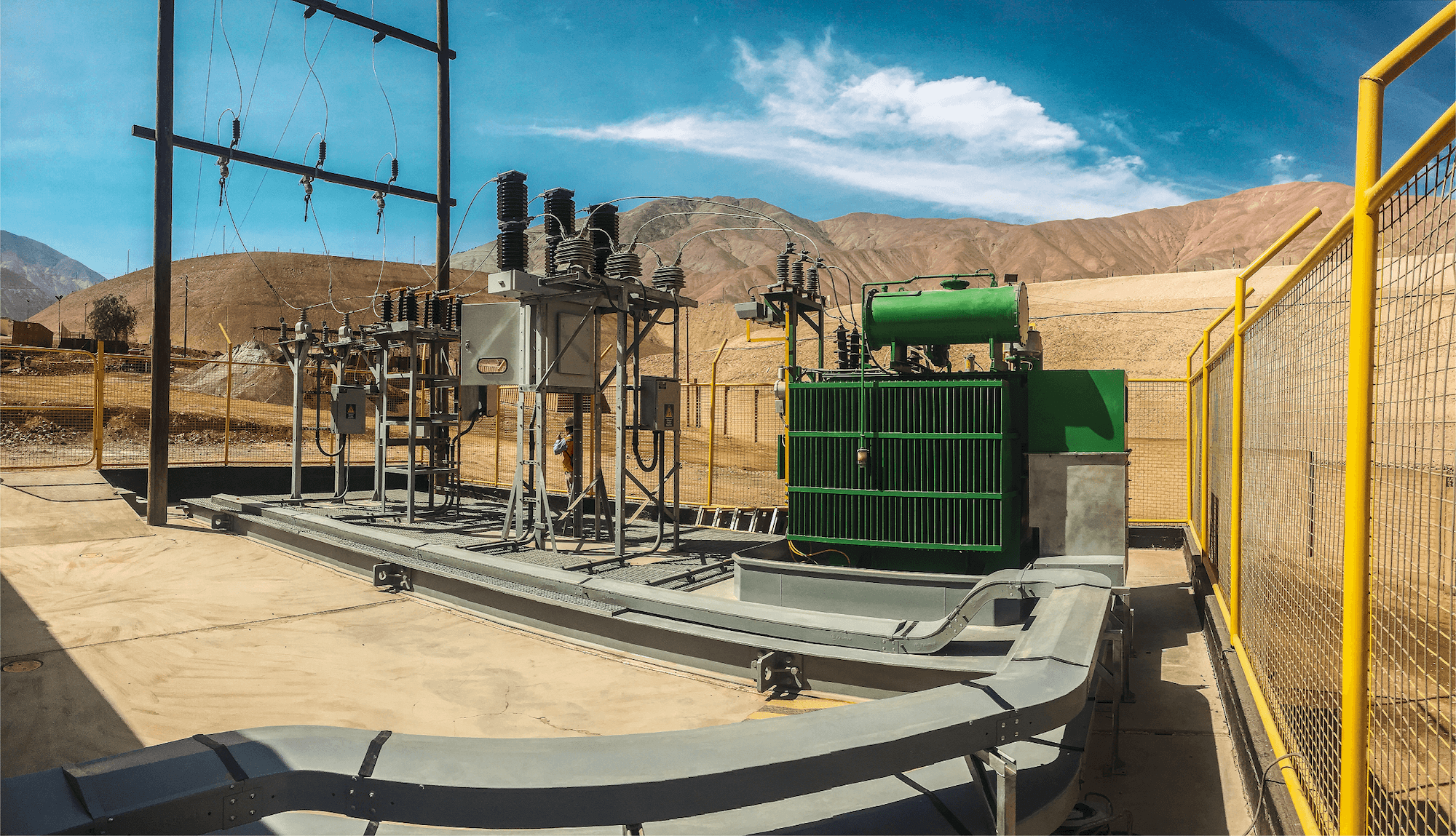
Ljubitza: We are attacking digitisation and automation on two fronts. Primarily, we are trying to take advantage of the opportunities within e-commerce by implementing a digital strategy to market new formats. Inbound marketing allows us to create content for our target audience: product specialists. We’re able to incorporate the perspective of electrical and maintenance engineers, who are our primary consumers. The information we provide them affects their purchasing decisions.
The other front relates explicitly to automation, which is a more tangible process. Automation allows us to transmit, store and process information in a way that we never could before. In order to stay at the cutting edge of this innovative territory, we visit trade fairs around the world. In this sense, we´re not interested in novelty. Instead, we help our clients embrace new technologies and become more self-sustainable by helping them see the savings in their own prospective businesses. When we let our clients know how our product will impact their bottom line, we are adding value to the sale. We are selling them a solution.
What do you hope to see in Promelsa’s future?
Maximo Ali: Currently, we are reengineering our operations with the dual-aim of improving our efficiency and becoming even more client oriented.
Ljubitza: Promelsa used to dictate to the industry. Our sustained success was in part because we were pioneers in importing very specialised and reliable products. Gradually, competitors have appeared within the distribution business. Now, price wars exist when it comes to the more prominent brand names.
It’s our responsibility as next-generation leaders to revolutionise Promelsa’s business model. Until recently, our model was: we have everything for everybody. We need to stir it up and innovate.
Not only do I foresee growth from marketing, but also from the global perspective as a third-generation company. It is up to me to integrate, innovate and understand the latest technological trends to benefit the entire organisation.
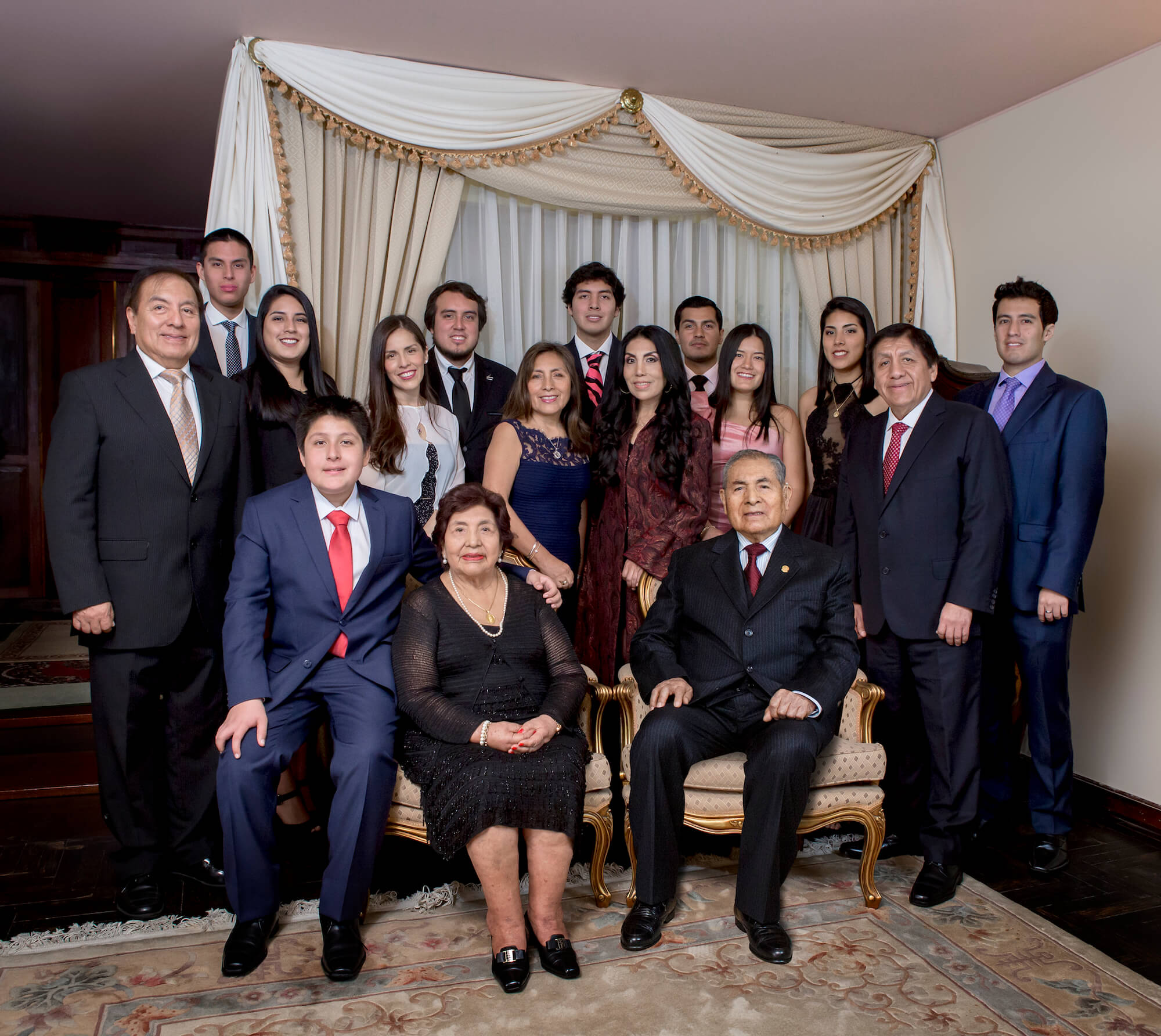
Maximo Ali: To our company, which is our family, preserving legacy while generating opportunity for our incoming third generation and the generations to follow is imperative. We have a mandate to stay relevant and incorporate change, which is difficult, but we’re determined.
[/ms-protect-content]


